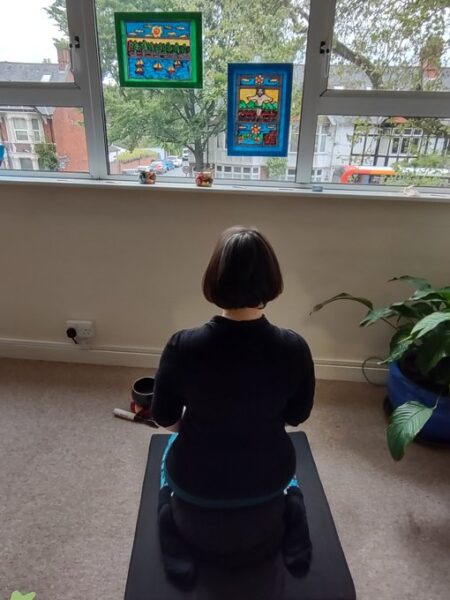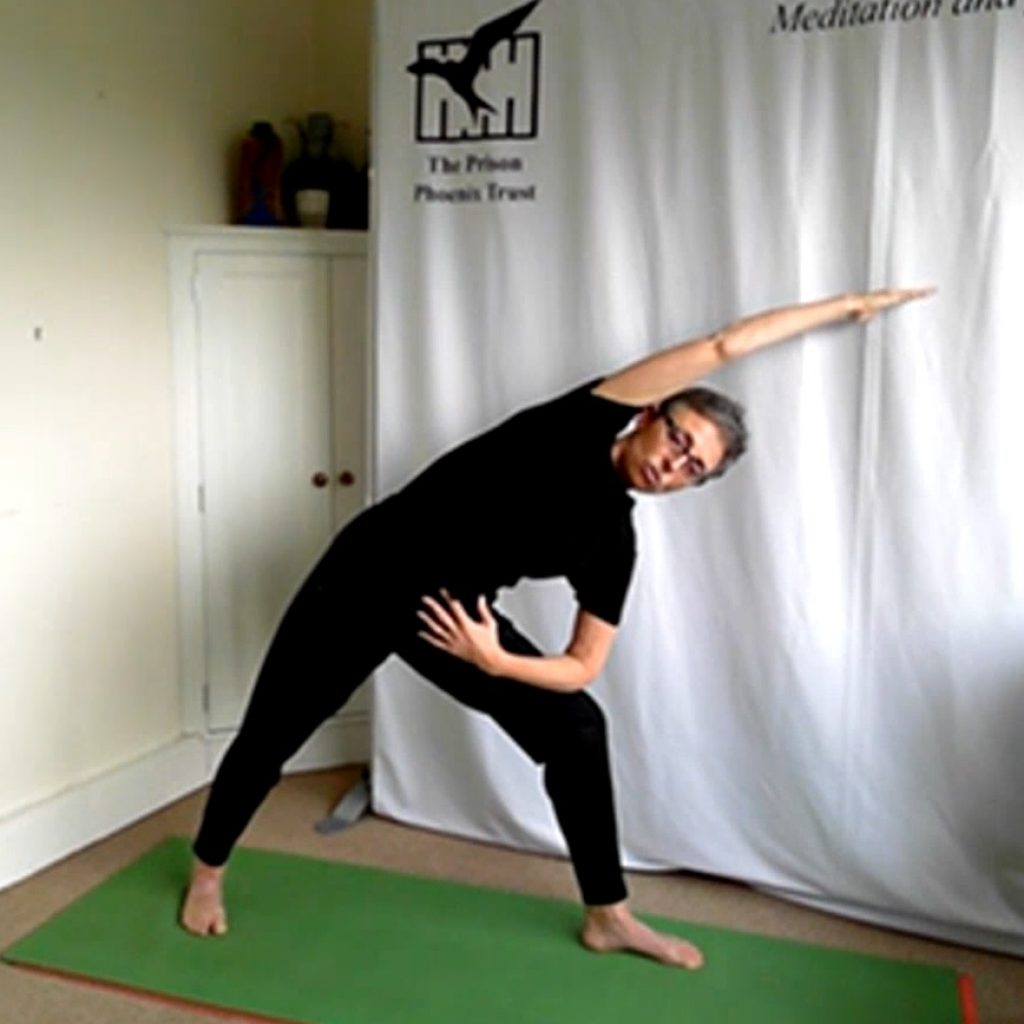The Prison Phoenix Trust and Novus will this Autumn launch specialist prison yoga and meditation DVDs to support the physical and mental health of people in prison.
The two organisations are responding to the UK Government’s 2021 Prisons Strategy White Paper, which proposes making better use of technological advances to support safer, healthier prisons in which prisoners are encouraged “to take ownership of their own care and wellbeing” with “opportunities for purposeful activity accessible to everyone”.
DVD-playing devices have been made more widely available across the prison estate since the Covid-19 pandemic has led to prisoners spending much longer periods in their cells. These two titles will help a wider range of people explore the benefits of yoga and meditation, including younger prisoners and those who struggle with reading.
The DVDs can been used by individuals in their cells or by prison staff and educators in a group setting. Each one features five yoga or meditation sessions, ranging in length from 7 to 38 minutes.
Prison staff can order free resources here.
As well as the DVD format, The Prison Phoenix Trust is also working with HMPPS Digital and other partners to make these short yoga and meditation films available digitally in-cell and in group settings.
Former Prison Governor and consultant to PPT Jamie Bennett said: “Over many years working in prisons, I have seen people benefit from yoga and meditation. It has helped them on their journey towards health, happiness and realising their potential. This DVD can help young people to learn or improve their practice of yoga and meditation, at a time and in a place that suits them. Whether you’re new to yoga and meditation or have tried it before, this film will be able to help you.”
Former Prison Governor and PPT trustee Suzy Dymond-White said: “The Prison Phoenix Trust DVDs make yoga accessible in a straightforward and honest way. My experience as a prison governor and lifelong student of yoga leads me to conclude that they will help people who live and work in our prisons to explore the physical and mental benefits of yoga and meditation; helping with relaxation and emotional regulation. I thoroughly recommend them.”
 ‘Meditation and yoga are increasingly being recognised as valuable rehabilitative interventions in prisons.’
‘Meditation and yoga are increasingly being recognised as valuable rehabilitative interventions in prisons.’
Jim King, former Head of Education, Scottish Prison Service
Director of the Prison Phoenix Trust Selina Sasse said: “Regular practice of simple breath-focused meditation and movement has been shown to reduce impulsiveness, anger and aggression; improve sleep, concentration and self-discipline; and importantly instil a sense of self-worth and hope – foundations that are essential to prisoners’ rehabilitation.”
Novus Digital Learning Manager Steve Grix said: “I know from my years as a teacher in prisons, how poor mental health is often an obstacle to learning, even more so since the pandemic. Novus has collaborated with the Prison Phoenix Trust in producing these short filmed yoga and meditation sessions because we hope they could play an valuable role in helping people in prison be mentally and physically well enough to make use of educational and training opportunities.”
The Prison Phoenix Trust supports efforts to reduce reoffending by helping 4,500 prisoners to practise yoga and meditation during their sentence – around 4.6% of the prison populations of the UK and Ireland. It does this by providing resources such as books and CDs, a quarterly newsletter and personal correspondence. It also trains and supports yoga teachers to work safely and respectfully in secure environments.
Novus is a provider of education, skills and employability programmes which specialises in working with offenders distant from the labour market. As part of the LTE Group, a leading further education college group, Novus has over 30 years’ experience of pioneering digital innovation, collaboration and new ways of working. It is publicly funded and is committed to delivering the learning, skills and opportunity that offenders and other-hard-to-reach learners need to build positive futures for themselves, their families and communities.
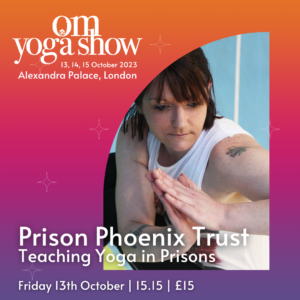

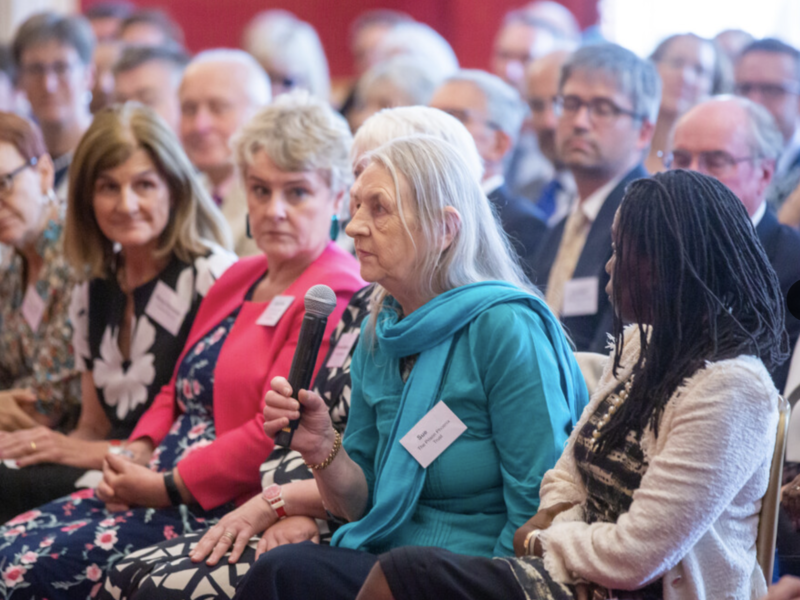


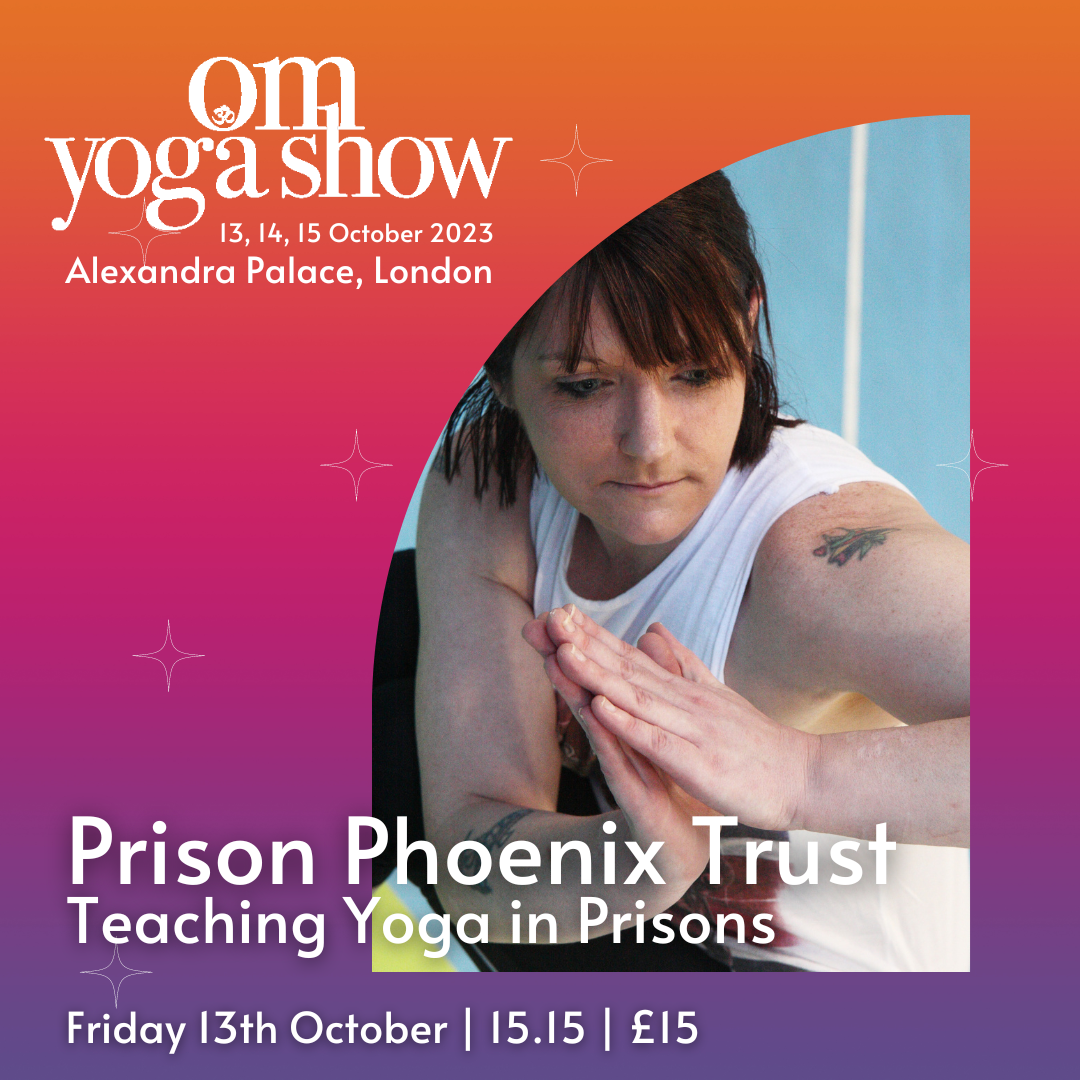
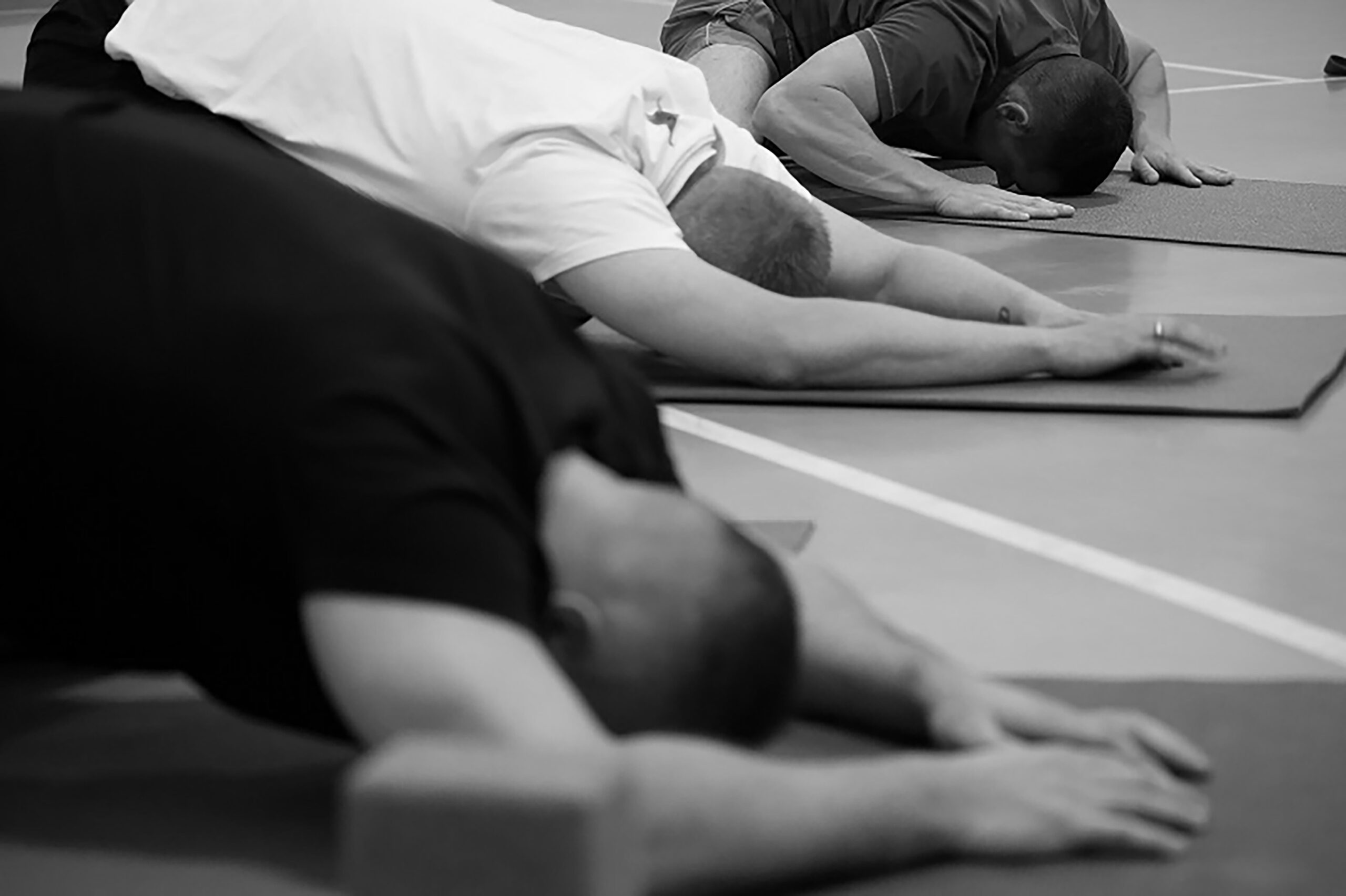
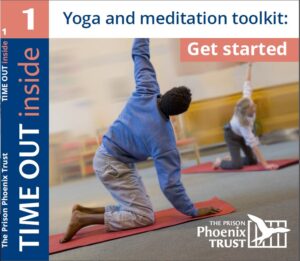
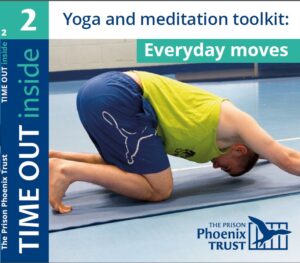
 ‘Meditation and yoga are increasingly being recognised as valuable rehabilitative interventions in prisons.’
‘Meditation and yoga are increasingly being recognised as valuable rehabilitative interventions in prisons.’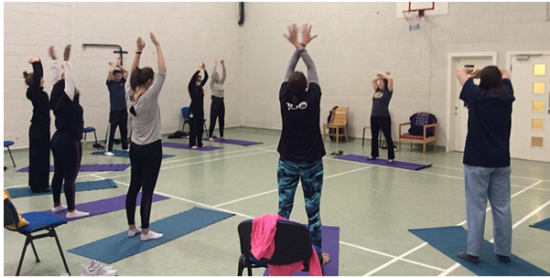
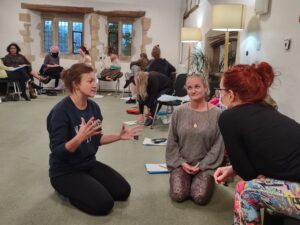 10am – 1pm Introducing Prison Yoga
10am – 1pm Introducing Prison Yoga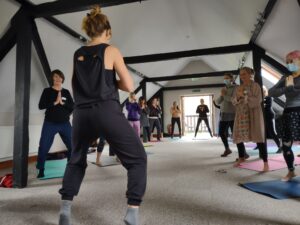 2pm- 5pm Be Safe in Prison
2pm- 5pm Be Safe in Prison